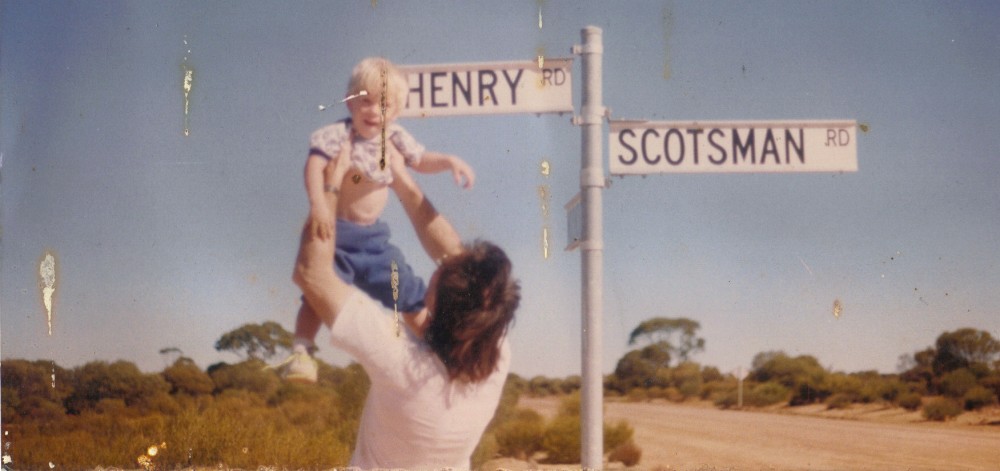There’s a difference between not stopping to think about what the theme of your piece is (a balking mechanism if I ever heard) and writing to a theme. If the theme already exists then write the song and, with the right skill, it will stand with any work produced to that theme.
So, let’s keep with the idea of choosing from events as they occur, to remove subjective sensibility from the process. After all, if you are asked to write to a theme, already you are at one remove to creating a work from scratch. If you had to write a song on the subject of where to shoot – bearing in mind that this is derived from the state government decision to allow shooting in national parks, and the fact that the US massacres have reached a new low by being staged in a primary school. The two items speak to different things; the danger of being hit by stray bullets while enjoying nature vs the danger of being targeted in what should be a safe zone in societal terms. There’s a link there, and if you can run the narratives in parallel then you have a potent work of art.
That’s the key though. This seems for all the world like a political discourse, writing a song about gun control, but unless you’re a folk singer writing to topical currency, there is more potential in examining the lyrical possibilities. The theme isn’t the outlawing of firearms, it’s the notion of having prescribed locations for the discharging of offensive weapons, so that’s the broad direction. But the writing of the song would entail different considerations if you hope to produce the superior or definitive piece.
He’s not old enough for shootouts excepting to pretend as in a game of Cowboys and Indians (though I doubt this is still a children’s playground game) so why is this terrible thing visited on the country’s youngest in their place of learning? So, the question for the songwriting (as opposed to the political essay) course of action is, is this the hook; the inappropriateness of the setting the shooting takes place? If so, you no longer need allude to the events that sparked this approach, this angle.
The advantage of using this aspect to represent the theme, is that it can also cover the idea of shooting in places where others are pursuing recreational activity. We are providing less spots for smokers to light up, why are we creating more spaces for discharging of rifles?
I’m not saying that you would want to tackle this subject or write to this theme, but you don’t need to actively pursue an interest in Don’t Shoot, the song about having to tell someone not to shoot in this place. Or in Offshoot, a song that lists places where hunters and sporting shooters can go. It’s an exercise like any other.
